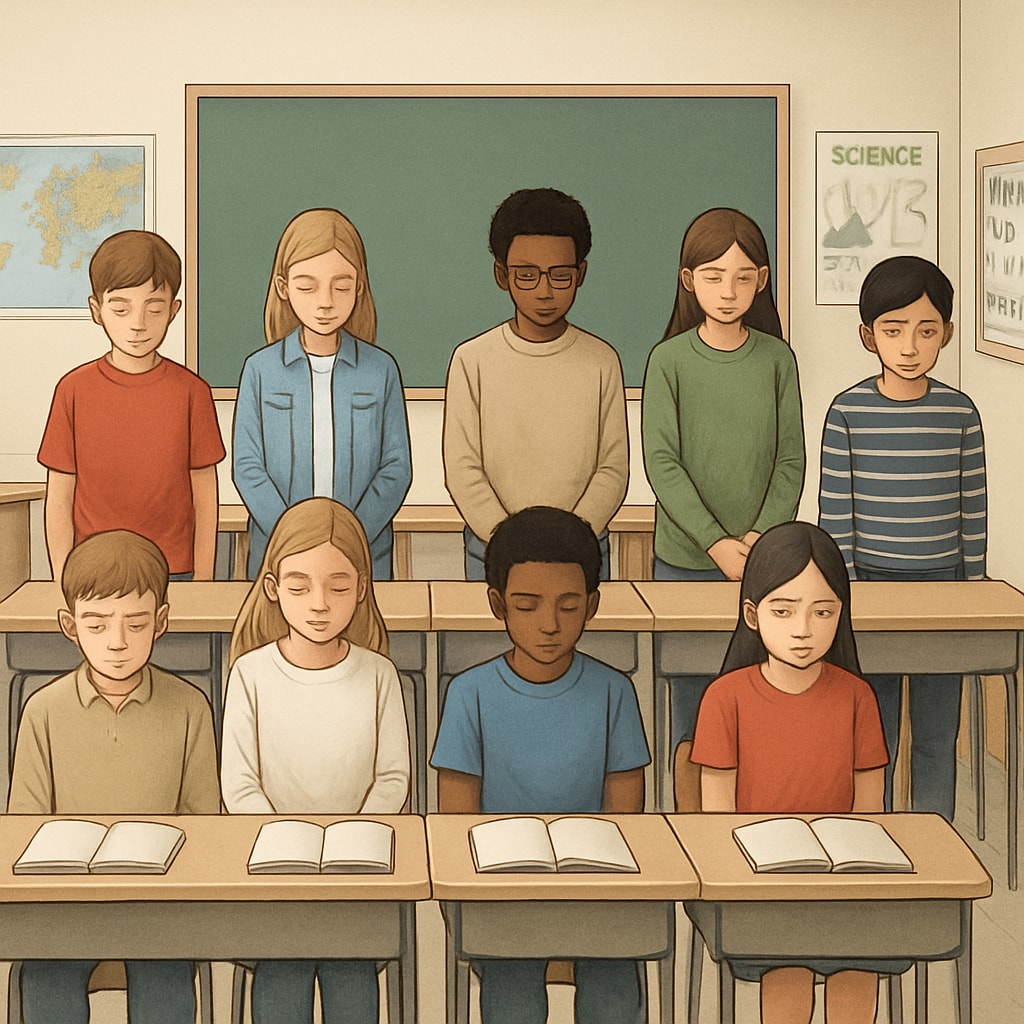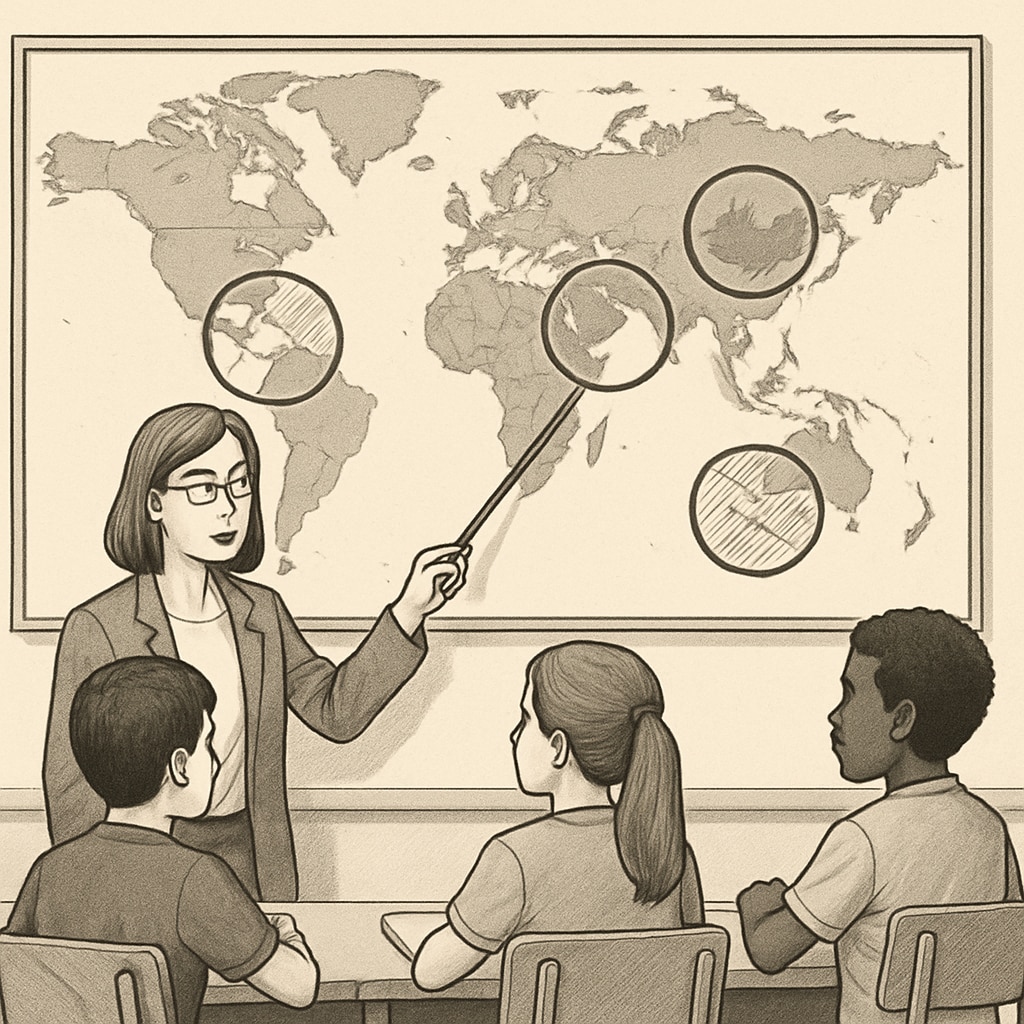The recent controversy surrounding schools’ decisions to generalize Gaza mourning activities into broader “global war victim” commemorations has sparked significant debate. While some argue that such actions align with the principles of inclusivity and political neutrality, critics claim they dilute the urgency and specificity of particular humanitarian crises. This issue highlights a deeper ethical dilemma within the education system: how should schools responsibly address sensitive global issues without compromising their educational mission?
The Controversy Behind Generalized Mourning
When an educational institution declares a moment of silence to honor the victims of a specific conflict, such as the recent crisis in Gaza, it sends a powerful message of solidarity and awareness. However, when this activity is generalized to commemorate “all victims of war worldwide,” its focus shifts. While the intention may be to avoid political bias, this practice has raised concerns about whether it diminishes the gravity of specific crises.
Critics argue that generalizing mourning creates a false equivalence between conflicts. For example, Gaza represents a highly complex geopolitical and humanitarian issue with unique historical and ongoing challenges. By broadening the scope of mourning, schools risk reducing the crisis to just another entry in the long list of global tragedies. This approach, while politically “safe,” fails to provide students with the deeper understanding needed to engage with the world critically.

Education’s Role in Addressing Specific Humanitarian Crises
The core mission of education is to foster informed, empathetic, and critical thinkers. Addressing specific humanitarian crises, like Gaza, offers an opportunity to teach students about history, geopolitics, and the human cost of conflict. Avoiding these conversations in favor of vague global narratives can lead to a shallow understanding of complex issues.
For example, a focused discussion about Gaza could include historical context, the impact of war on civilians, and international responses. This approach not only informs students but also helps them develop the critical thinking skills necessary to navigate and understand the world’s challenges. Conversely, generalizing such crises can unintentionally convey that all conflicts are equally understood and resolved in the same way, which is far from the truth.
Moreover, schools have a responsibility to balance inclusivity with specificity. While it is essential to recognize the suffering of all war victims, this should not come at the expense of understanding the unique contexts of specific conflicts. Educators must find ways to honor both without diminishing either.

Balancing Neutrality and Responsibility
One of the biggest challenges schools face is maintaining neutrality while addressing contentious global issues. Generalized mourning may appear to be a neutral solution, but it often comes across as a lack of courage to confront difficult topics. In reality, true neutrality involves presenting diverse perspectives and encouraging students to form their own informed opinions.
To achieve this, schools can take several steps:
- Incorporate specific case studies, such as Gaza, into the curriculum to provide context and depth.
- Invite guest speakers or experts to discuss various viewpoints on global conflicts.
- Create safe spaces for students to ask questions and express their thoughts without fear of judgment.
- Ensure that moments of silence or other commemorative activities are accompanied by educational discussions.
By adopting these strategies, schools can fulfill their ethical responsibilities while fostering a deeper understanding of global issues among students.
Conclusion: A Call for Courage and Integrity
The debate over generalizing Gaza mourning activities highlights the complex intersection of education, ethics, and global awareness. While the intent behind such decisions may be to promote inclusivity and avoid controversy, they risk diluting the significance of specific humanitarian crises. Schools must have the courage to address these issues with integrity, providing students with the knowledge and empathy they need to become responsible global citizens.
In the end, education is not just about imparting facts; it is about inspiring action, understanding, and compassion. By addressing specific crises like Gaza with clarity and depth, schools can empower students to engage with the world in meaningful ways.


